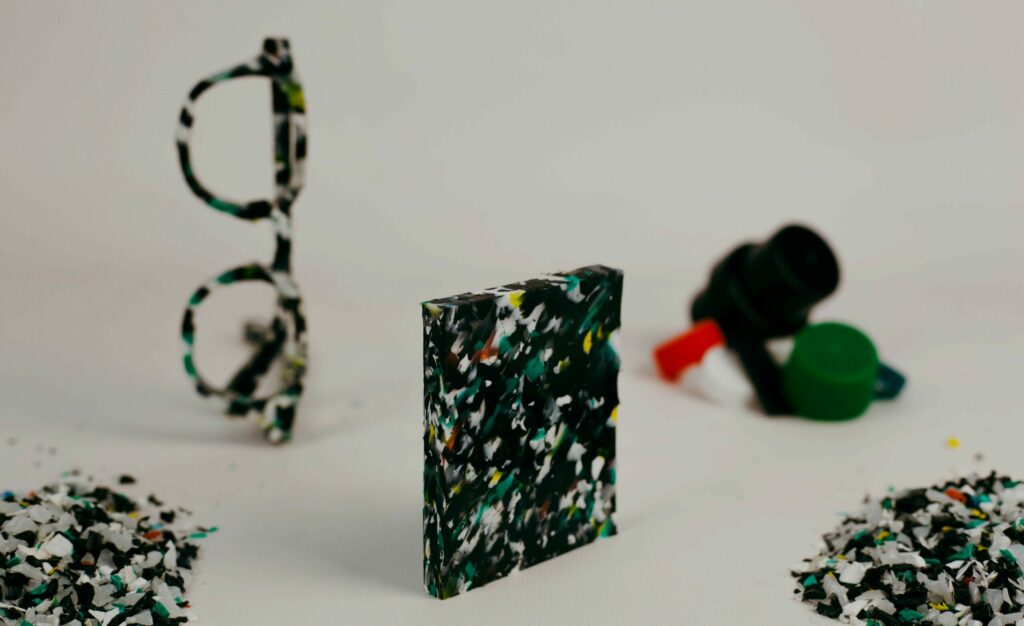
Plastic waste is one of the greatest environmental challenges we have today. Collectively, we produce 400 million tons of plastic waste each year and the majority of this is not recycled and ends up in landfills, the ocean or the natural environment.
Using 100% recycled plastic panels and tubular metal, Maria is a modular planter, designed for the creation of educational gardens. It offers educational activities and experience for a greater understanding of the environmental emergency and proper waste disposal and helps users to visualise and remember the importance of plastic recycling and reuse.
Maria demonstrates the potential to create value from plastic scraps. It amplifies the global message of sustainability and environmental protection and promotes awareness of the circular economy as a paradigm for the future of our society.
- More Info
- Gallery
- Interview
- Contact
Challenge
Every year, about 400 tons of plastic waste are produced in the world, resulting in pollution of our Earth and sea. Italy is among the largest plastic-consuming countries, in fact every 5 days we produce 1 kg of plastic waste which, in one year, becomes 5.5 million tons.
Unfortunately, 70% of this is not being recycled or it is thrown into the environment.
A correct knowledge about the recycling process and opportunities is fundamental to encourage positive environmental behaviour and the development of an environmental consciousness.
Target group
Children, schools and educators, citizens
Solution
Maria is a planter designed for the creation of educational gardens.
The modular system, made of 100% recycled plastic panels and tubular metal, allows the user to freely compose the space. The dimensions of the vase make the urban furniture usable for children and young people and allow the addition of other elements such as bicycle racks.
Thanks to the use of recycled materials, the educational garden is also an opportunity to convey and amplify a message of environmental protection.
Custom textures can be developed together with children, starting with the recycling of markers, caps, games and other plastic materials, which can also be done live during our workshops.
Maria is a project by Plastiz, an Italian startup created in response to environmental and social emergencies caused by the growing invasion of plastic waste. It is a concrete contribution to circular economic processes where plastic waste is reused for the production of high quality surfaces and products.
Innovation
Maria is useful (it is a ready-to-use planter for the creation of educational gardens in schools), beautiful (plastic waste is made aesthetically interesting with colourful textures), modular (with multiple vases it is possible to create many compositions) and educational (it recalls the concept of recycling).
In addition to the planter, workshops can be organised on the school premises to raise awareness on environmental protection, circular economy, and sustainable production.
The workshops include an activity to discover plastics, their history and diffusion, and a creative laboratory where the recycling process of the material is reproduced.
Unique Selling Point
Fun, practical, easy to use, effective in the classroom
Follow the thought: Flexibility is key. The use of IT technologies in learning includes different types of activities using different devices (dance pad, game console, computer keyboard). This provides the opportunity to create an interactive, engaging and fun learning process that can allow great flexibility in developing a language.
Impact
Plastiz’s goal is to generate impact at the local and global level through the production of recycled plastic panels and the participation in initiatives and projects involving citizens, associations and public institutions.
In particular, our goals are:
- 60,000 kg of industrial or post-consumer plastic waste regenerated into our panels in one year of full production run
- 4,000 kg of plastic waste per year that would have been otherwise thrown into a landfill or burned, and that is instead directly committed to us through partnerships with manufacturing companies.
- 1,000 kg of biosourced and biodegradable bioplastic panels produced per year to promote the adoption of sustainable plastics
- 20 workshops per year to raise awareness on environment protection and circular economy processes
Feasibility / Transferability
The planter is made up of easy-to-assemble modules and comes with easy-to-follow assembly instructions.
The installation can thus directly involve students, who can take part in every step of the project, from placing the vases to harvesting fruit and vegetables.
Plastiz website:
http://www.plastiz.it/

